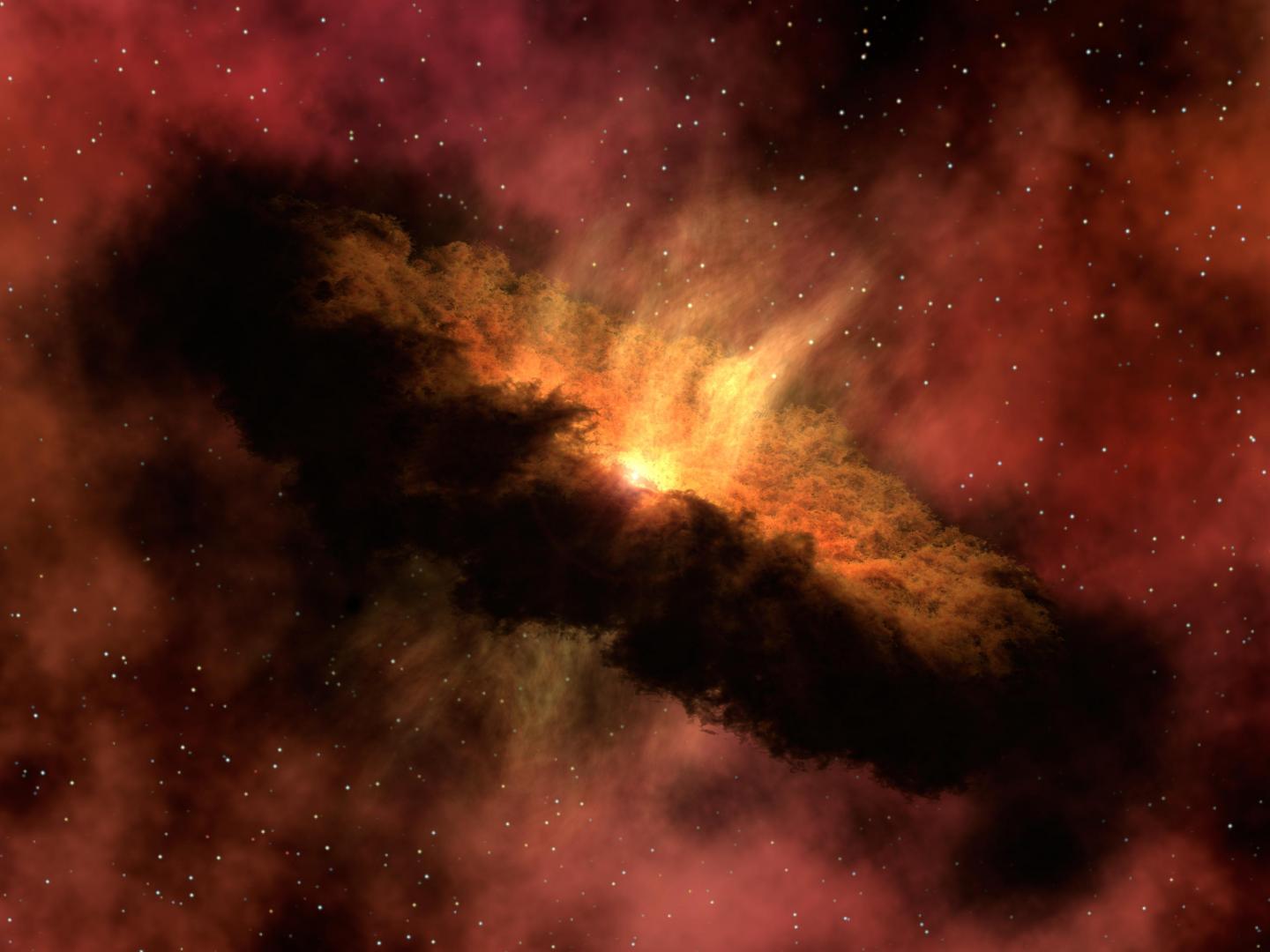The Independent's journalism is supported by our readers. When you purchase through links on our site, we may earn commission.
Earth’s water existed long before the planet did, asteroid study suggests
Isotopes of water from one of the Solar System’s oldest meteorites matches one found on Earth

Your support helps us to tell the story
From reproductive rights to climate change to Big Tech, The Independent is on the ground when the story is developing. Whether it's investigating the financials of Elon Musk's pro-Trump PAC or producing our latest documentary, 'The A Word', which shines a light on the American women fighting for reproductive rights, we know how important it is to parse out the facts from the messaging.
At such a critical moment in US history, we need reporters on the ground. Your donation allows us to keep sending journalists to speak to both sides of the story.
The Independent is trusted by Americans across the entire political spectrum. And unlike many other quality news outlets, we choose not to lock Americans out of our reporting and analysis with paywalls. We believe quality journalism should be available to everyone, paid for by those who can afford it.
Your support makes all the difference.Water molecules on Earth may have originated long before the planet formed, according to a new study.
The research found that the chemical signature of water from one of the Solar System’s oldest meteorites matched those found on present-day Earth.
Several studies in the past have shown that water molecules were crucial for the origin and sustenance of life on the planet and scientists have long sought to understand how the Earth got its water resources.
Researchers have extensively predicted the origin and chemistry of water’s constituent Hydrogen (H) and Oxygen (O) atoms and their variant forms or isotopes in the Solar System’s objects such as planets, their moons and asteroids.
In the new study, published in the journal Nature Astronomy on Thursday, scientists assessed primitive meteorites, including the Efremovka meteorite found in Kazakhstan in 1962, to determine the hydrogen isotopic composition of water at the onset of the Solar System’s formation.
They assessed the mineral composition in their meteorite samples using an innovative method developed just for their study and compared the results with eight terrestrial reference materials of varying water content.
The researchers, including those from the French National Centre for Scientific Research (CNRS), also analysed the ratio of the isotopes of hydrogen atoms in the meteorite to identify the characteristic signature of water in these rocks.
Isotopes are the same elements with different numbers of neutrons. Deuterium or heavy hydrogen, for example, has a proton and a neutron, while the nucleus of a tritium atom consists of a proton and two neutrons.
The ratio of these different forms of hydrogen atoms is used as a signature by scientists to compare different water molecules across the Solar System.
For instance, earlier studies estimated the deuterium/hydrogen (D/H) ratio of water on Earth to be about 150 × 10−6.
In the new study, assessing the hydrogen isotopes in meteorite rock samples helped researchers trace the chemical signatures in water molecules back to the start of the solar system, in its inner regions where Earth and the other planets were formed.
“The initial isotopic composition of water in the Solar System is of paramount importance to understanding the origin of water on planetary bodies but remains unknown, despite numerous studies,” the scientists wrote in the study.
“Here we use the isotopic composition of hydrogen in calcium-aluminium-rich inclusions from primitive meteorites, the oldest Solar System rocks, to establish the hydrogen isotopic composition of water at the onset of Solar System formation,” they added.
The findings suggested two gas reservoirs existed during the first 200,000 years of our solar system – long before the formation of the earliest seeds of the planets.
One of these gas reservoirs, the researchers said, consisted of the solar gas in which all the matter of our solar system originated.
The other reservoir was enriched in water vapour and already had the chemical signature of water found today on Earth.
Water vapour in the gas cloud likely formed from a massive influx of interstellar material, researchers said.
Based on this evidence that molecules very similar to Earth’s water existed in this cloud of gas, they suggested the Earth’s water was there long before the accumulation of the first constituent blocks of our planet.



Join our commenting forum
Join thought-provoking conversations, follow other Independent readers and see their replies
Comments